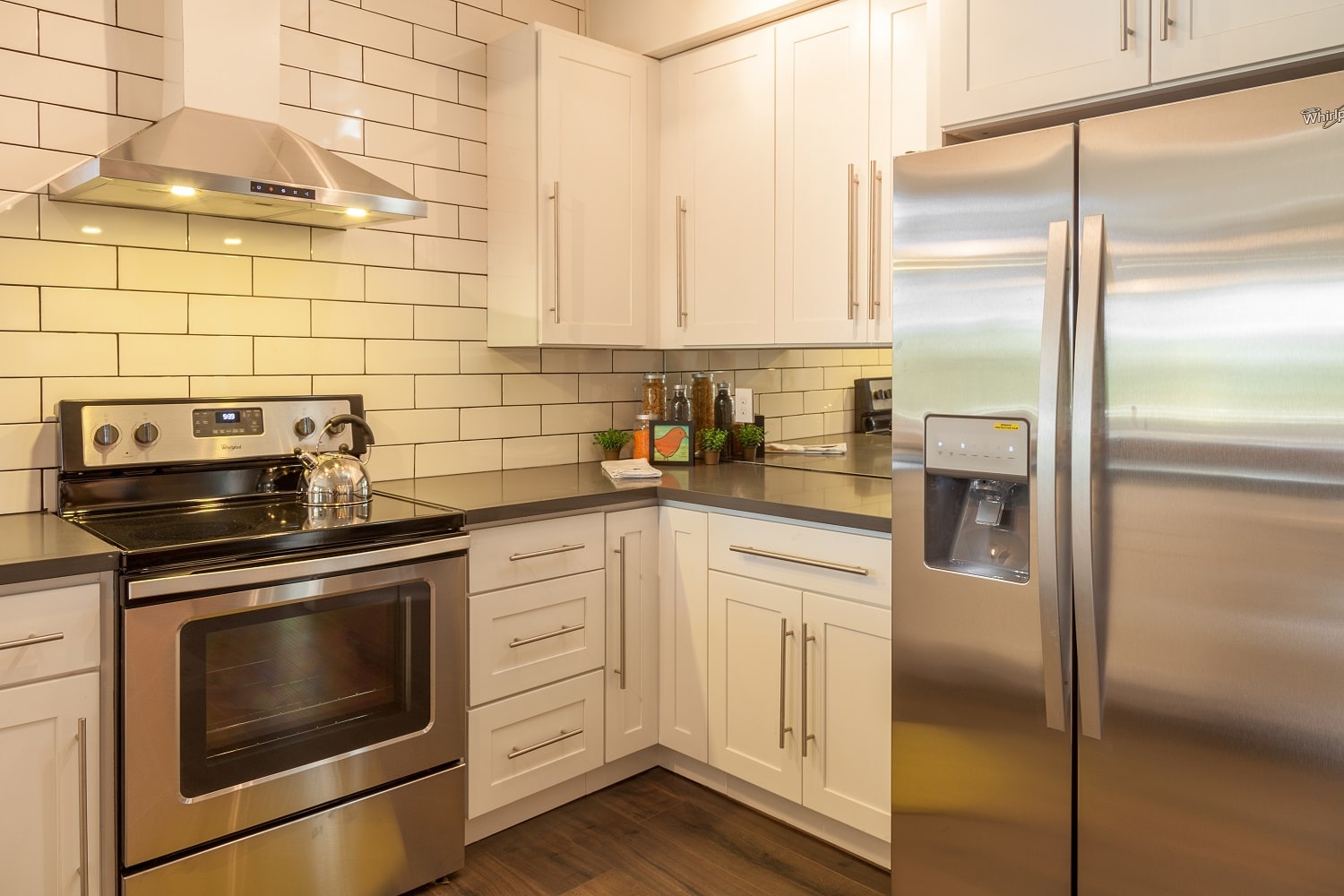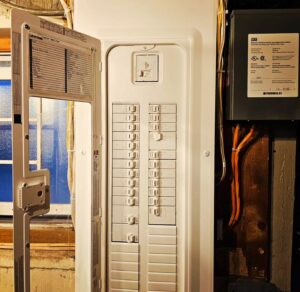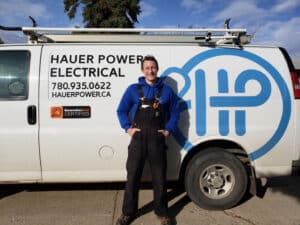
Kitchens are one of the main rooms in a house that will use a lot of energy daily. That’s why Canadian Electrical Codes (CEC) have specific requirements to ensure the right circuits and power are in place for lighting and major appliances. Before you tackle the work yourself, save the stress and possible electric hazards, and leave the work to a knowledgeable electrician. Any change to wiring in a home needs an electrical permit. Obtaining this permit is another important thing a professional electrician will take care of for you.
Electrical Savvy Contracting Inc. in Vancouver is a residential and commercial electrical company. They share why their electricians should handle any kitchen appliance circuit work:
Table of Contents
ToggleOld homes need rewiring
Renovating an older home and outfitting it with a new, modern kitchen is a great way to boost overall value. However, that new kitchen needs to have the right electrical support to meet those new demands. Before you can install or renovate, everything must be brought “up to code” to ensure the home’s electrical safety and to ensure it can manage to power modern-day appliances. That may mean installing a new circuit panel, removing an old fuse box, or adding more circuits. An electrician will know the right steps and safety measures to take. Even any rewiring work or moving electrical outlets, while it may sound simple, is better left to a skilled professional.
Each appliance needs separate circuits
Refrigerators, dishwashers, garbage disposals, and even the microwave all need their own dedicated circuits. Each one will also need to run on different amperages to work efficiently and to help spread out the electrical load. A refrigerator will typically need 15-amps, but that may vary between models. One with a freezer drawer, ice cube maker, and water dispenser may need even more power than a smaller unit. At least two 20-amp ground fault circuit interrupters (GFCI) are also necessary for small appliances on countertops or around sinks. Not following these requirements or not knowing them invites electrical risks by accidentally overloading the circuits. If you’re bringing in new appliances or updating your kitchen, talk to your electrician first.
Lighting is also separate
Kitchen lighting includes everything from overhead to under-cabinet lights, which also need their own power source. The circuit itself can’t be on any GFCI circuits either, in case the lights trip during power surges. Most lighting in kitchens will run on just one circuit, usually at 15-amps, as less power is generally necessary. However, if you want to add more lights, more power and possibly thicker wire gauges will need to be installed.
Codes change regularly
Aside from the potential DIY hazards of electrical work, electrical codes are updated every three years. As modern needs change and more power are necessary, these codes ensure your home always stays safe. CEC is also in place to protect workers during any electrical installation. Without the right care, electrocution or accidental electrical fires become much greater risks.
With so many changes and specific codes to follow, it makes working with an electrician the safest choice. They will know exactly what rules to follow or how to ensure your home and kitchen are up to code.
Electricians in Vancouver
Electrical Savvy Contracting Inc. dedicate themselves to providing safety, assurance, and electrical support for your home. Their skilled electricians can help with any repairs, installation, inspections, or other electrical work.










